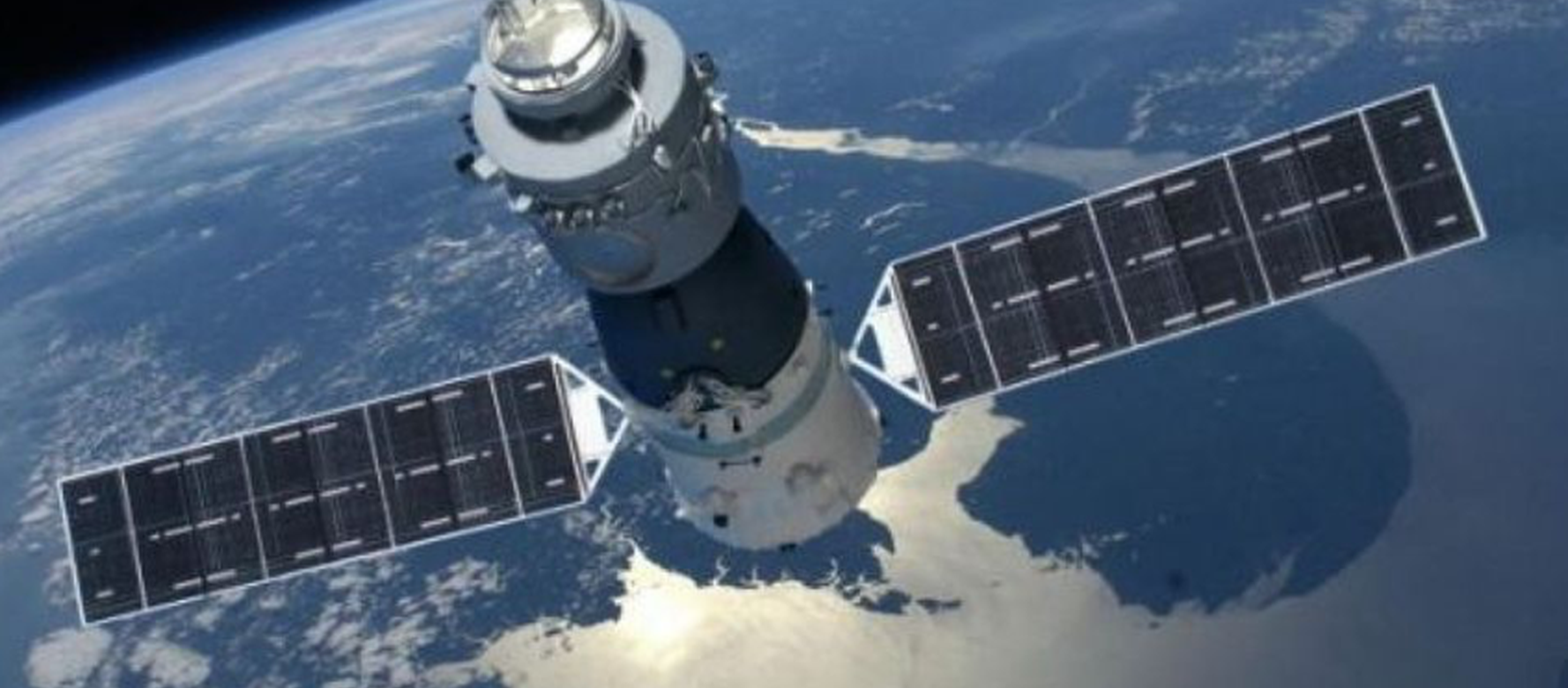The world’s second-largest economy aims to use the power of particle physics through photons to send the encryption keys necessary to decode information.
The launch of Micius – named after a 5th Century BC Chinese scientist – took place in the early hours of Tuesday in the southwestern Gobi Desert, according to Xinhua, China’s state news service.
It will be used in experiments aimed at proving the viability of quantum technology to communicate over long distances.
Unlike traditional secure communication methods, it is impossible to intercept the data held in the bursts of subatomic particles because any attempts at eavesdropping will cause them to self-destruct, Xinhua said.
While scientists have been able to use the method to transmit messages over relatively short distances, technical hurdles have kept long range communication out of reach.
The satellite will try to send secure messages between Beijing and the Urumqi, the regional capital of Xinjiang in the country’s far west.
For it to work, the satellite needs to be precisely oriented to its Earth-bound receiving stations, Xinhua said.
The project’s chief commander, Wang Jianyu, said: “It will be like tossing a coin from a plane at 100,000 metres above the sea level exactly into the slot of a rotating piggy bank.”
The satellite project’s chief scientist Pan Jianwei said: “The newly launched satellite marks a transition in China’s role – from a follower in classic information technology (IT) development to one of the leaders guiding future IT achievements.”
China “can expect a global network of quantum communications to be set up around 2030,” he added.
China is determined to keep up with the space race and recently revealed the new technology was part of its five-year space plan.
It has poured huge resources into the cutting edge project as part of its massive national investment in advanced scientific research on everything from asteroid mining to gene manipulation.
The move comes as the US, Japan and others look to find ways of developing such applications for the new technology.
[Source: Sky]

